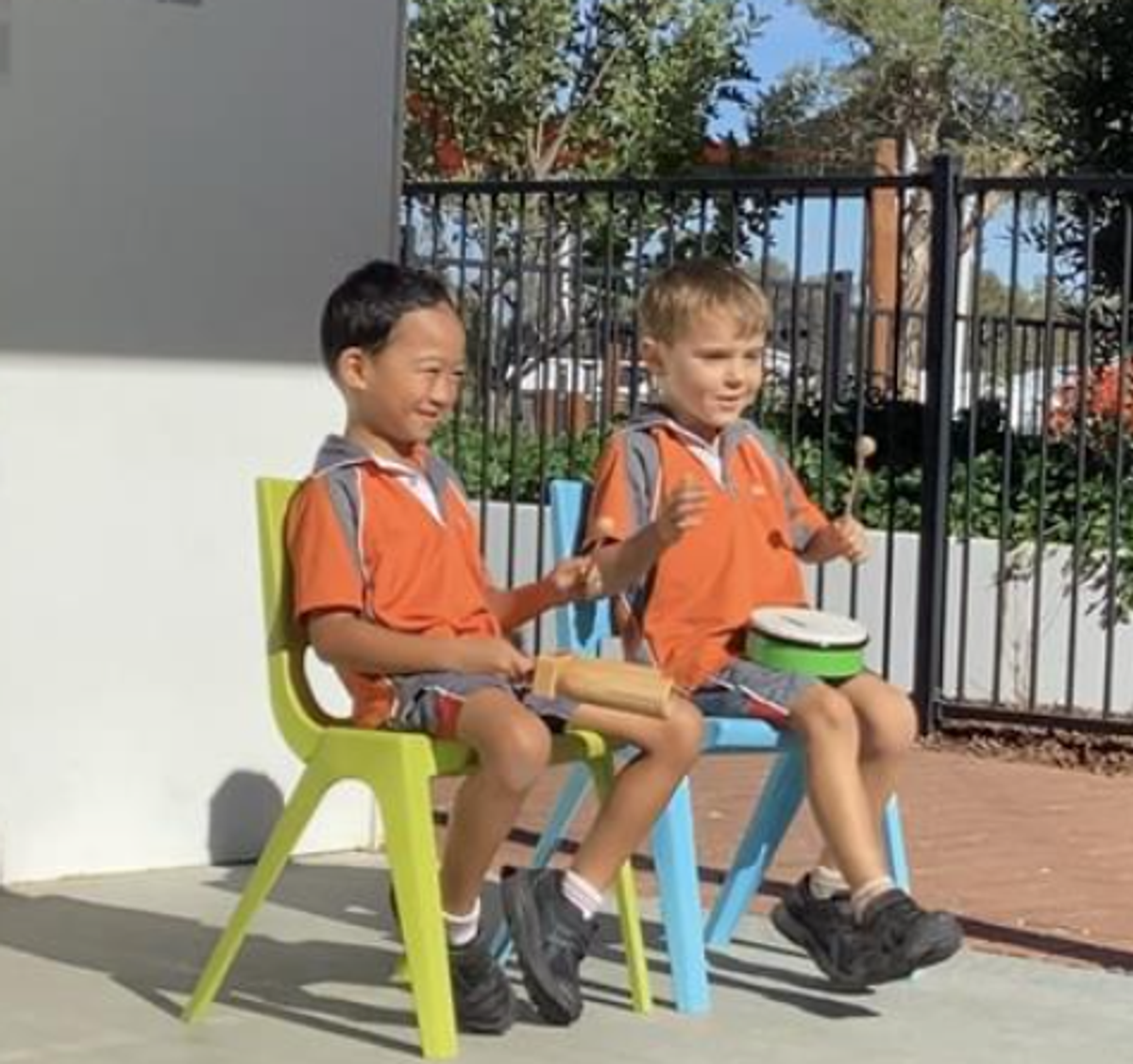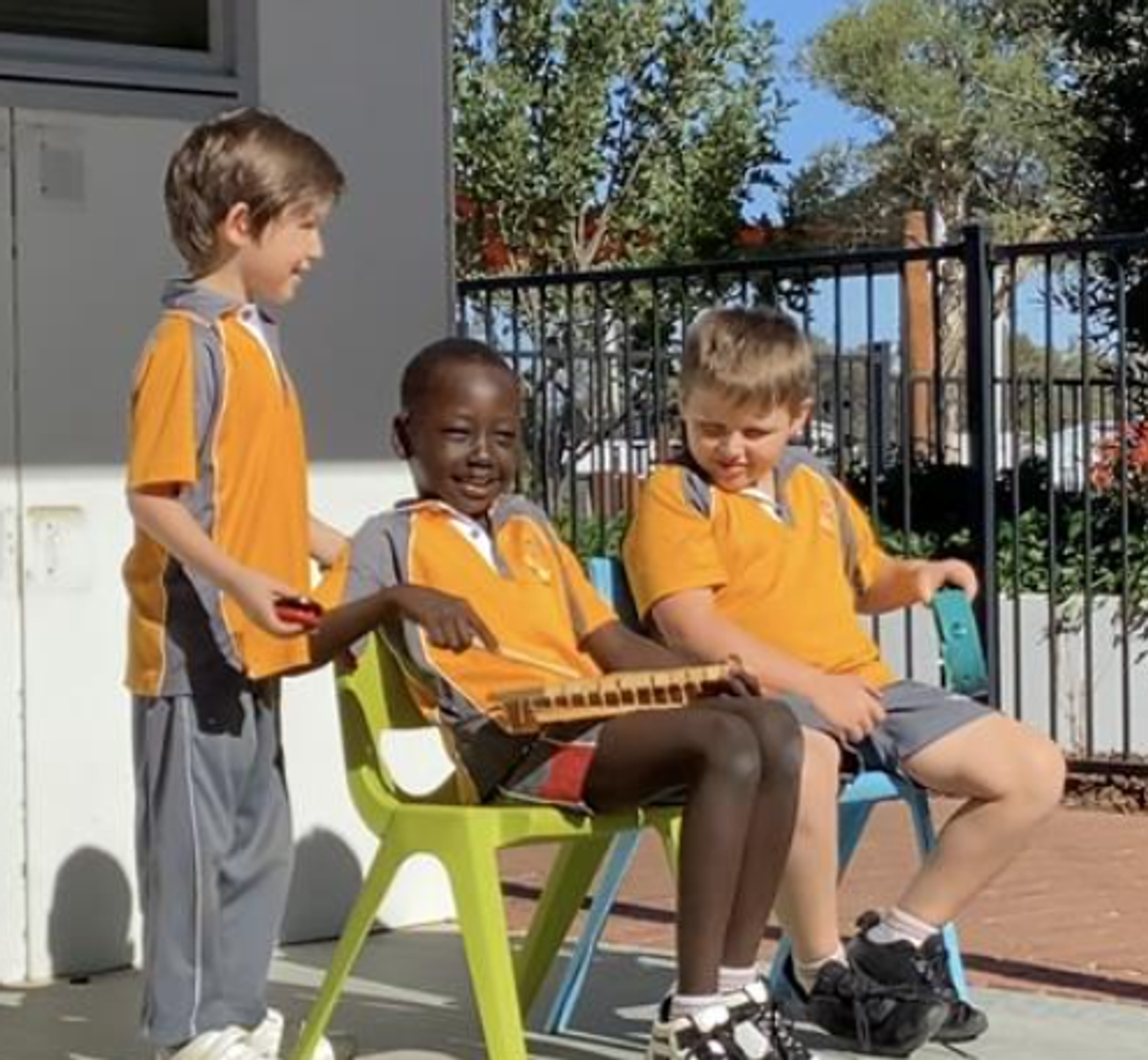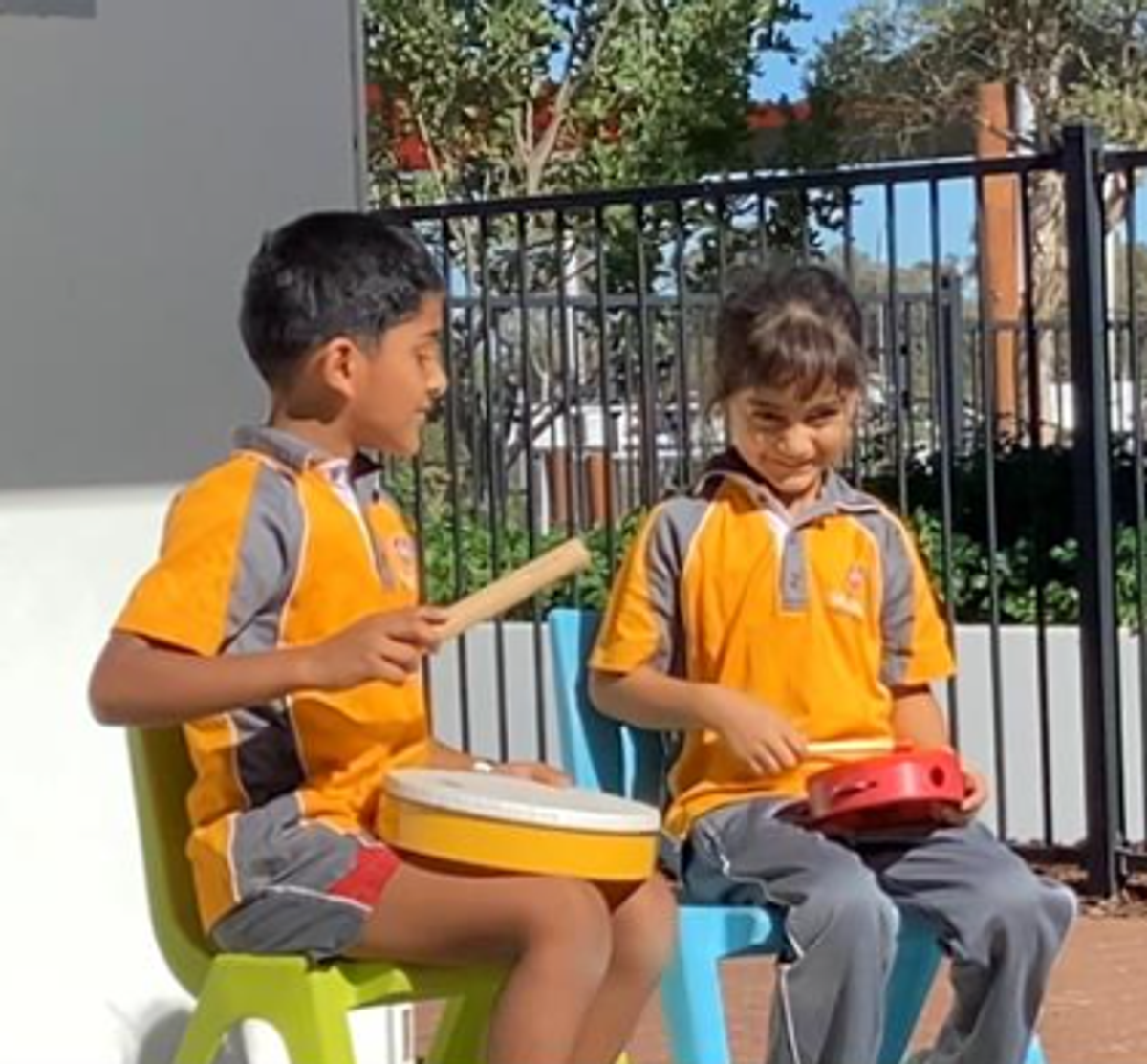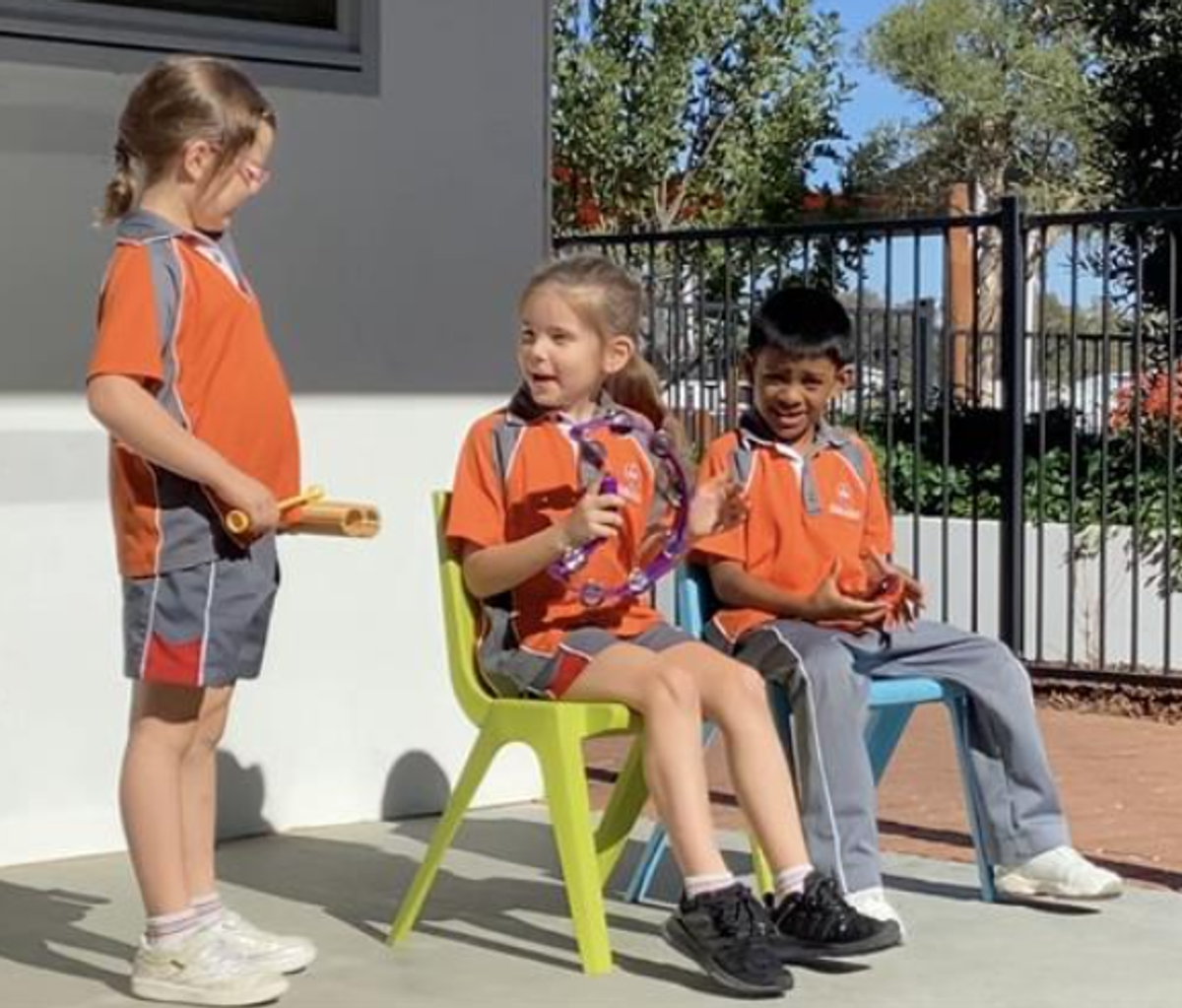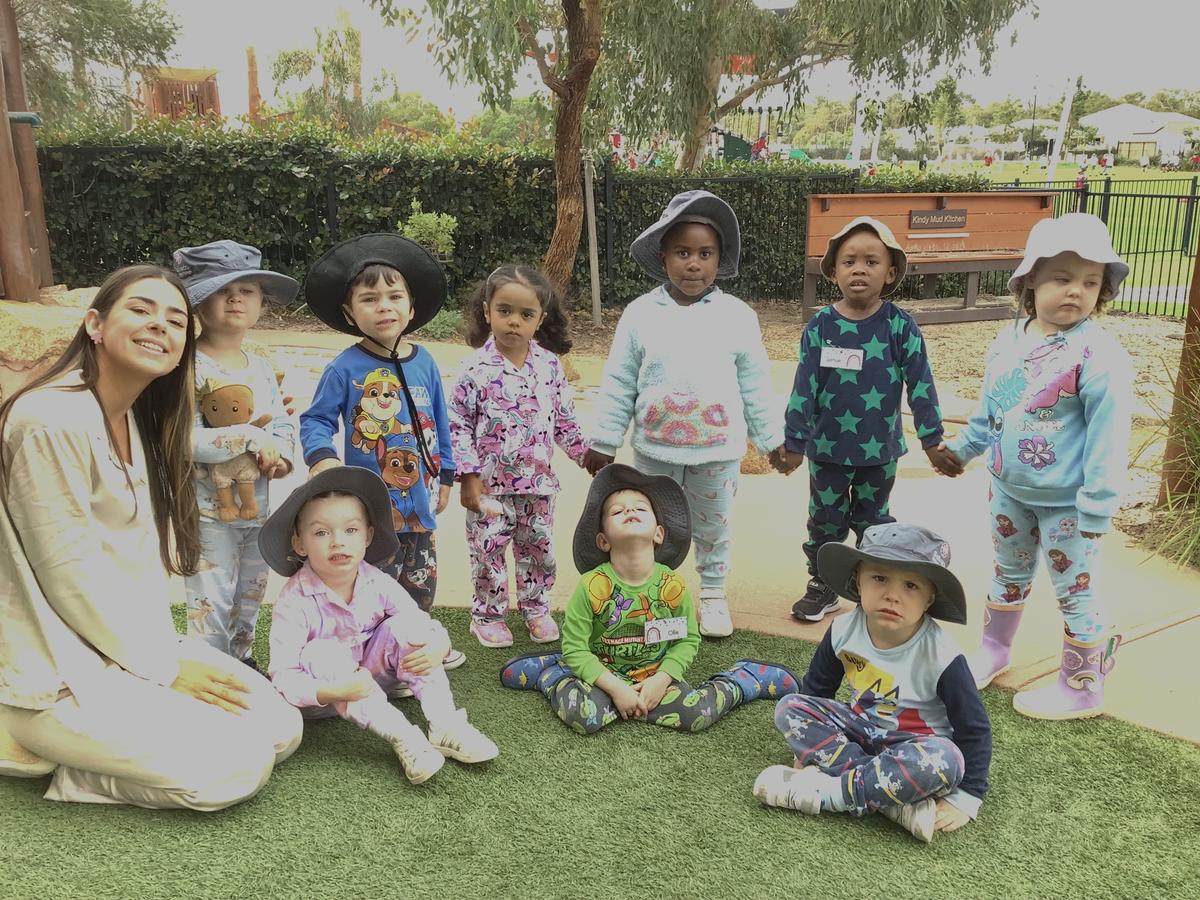Focus on the importance of Music!
Music is more than just a form of entertainment; it's a powerful tool that supports various aspects of a child's growth and learning.
Music plays a crucial role in the development of young children in several key areas:
- Cognitive Development: Engaging with music helps children develop their memory, attention, and reasoning skills. Studies have shown that children who are exposed to music from a young age tend to have better mathematical abilities and improved language skills.
- Language and Literacy: Singing songs and listening to music helps children with phonemic awareness, vocabulary development, and understanding the rhythm and patterns of language. These skills are foundational for reading and writing.
- Emotional Development: Music can be a wonderful outlet for expressing emotions. It helps children understand and manage their feelings, providing them with a way to express joy, sadness, excitement, and calm.
- Social Skills: Group musical activities, such as singing in a choir or participating in a music class, teach children about cooperation, turn-taking, and sharing. These experiences foster a sense of community and improve social interactions.
- Physical Development: Playing musical instruments and dancing to music enhance fine and gross motor skills. These activities require coordination, control, and dexterity, which are crucial for physical development.
The link below to Parent TV will also provide further information around the benefits of Music for children of all ages.
https://parenttv.com/activities/archive/music
Tips for Incorporating Music into Your Child’s Daily Routine:
- Sing Together: Make singing a part of your daily routine. Sing nursery rhymes, lullabies, or any favourite songs. This not only creates a bonding experience but also enhances your child's language skills.
- Create a Musical Environment: Play a variety of music at home. Expose your child to different genres, cultures, and instruments. This broadens their musical horizons and stimulates their auditory senses.
- Play Instruments: Provide simple musical instruments like tambourines, maracas, or a small keyboard. Encourage your child to explore and create their own music. This promotes creativity and fine motor skills.
- Dance and Move: Incorporate movement into music time. Dancing helps children develop their gross motor skills and provides a fun way to express themselves physically.
Engage your child in a fun, creative project by making your own musical instruments at home. Here are a few simple ideas:
- Shakers: Fill empty plastic bottles with rice, beans, or small beads. Secure the lid and let your child shake away to create rhythm.
- Drums: Use empty coffee cans or oatmeal containers as drums. Decorate them with colourful paper or stickers, and use wooden spoons as drumsticks.
- Guitar: Stretch rubber bands around an empty tissue box to create a simple string instrument. Let your child pluck the bands to hear different sounds.
Recent events
On Tuesday this week, students participated in the Winter Appeal PJ Day. The day made for an extremely comfortable day of learning, whilst using the opportunity to bring attention to those in need, and the different ways our College community can help through supporting organisations like St Vincent De Paul.
Upcoming events
In Week 11, we celebrate our first House Day for 2024. The students will celebrate this special feast day with their House, a wonderful example of an all-inclusive College activity.
Kind Regards,
Mrs Lisa Ripley
Head of Early Years (Pre-Kindy to Year 2)

